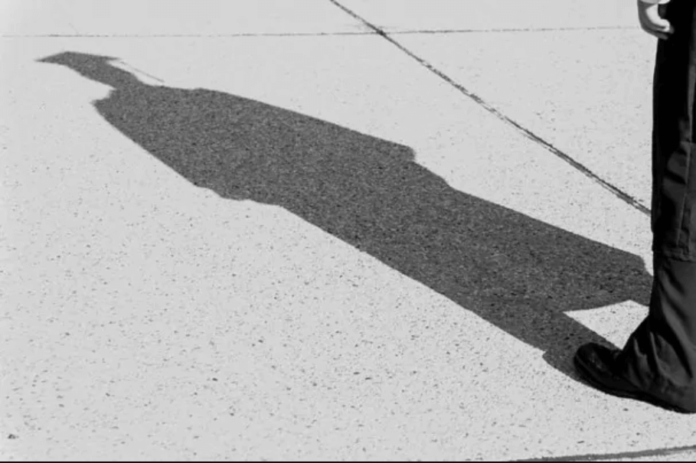In today’s world, education often comes with a hefty price tag attached, and many individuals turn to student loans to fund their academic pursuits. However, what happens when the education received doesn’t meet expectations or falls short in delivering the promised outcomes? This is where “Borrower Defense to Repayment” comes into play – a crucial avenue that provides relief to students who believe their educational institutions defrauded them.
Understanding Borrower Defense to Repayment
Borrower Defense to Repayment is a federal student loan forgiveness program designed to assist students who were victims of fraud or misrepresentation by their schools. Under this program, borrowers can have their federal student loans forgiven, discharged, or receive a refund of the amount paid if they can prove that their school engaged in deceptive practices.
How Does It Work?
To qualify for Borrower to Repayment, students need to demonstrate that their school:
1. Engaged in Misrepresentation
This can include false advertising, misleading job placement rates, or deceptive marketing practices that enticed students to enroll.
2. Violated State Laws
If the school violated state laws related to educational services or student loans, it strengthens the borrower’s case.
3. Breached Contractual Agreements
If the institution failed to fulfill its contractual obligations, such as providing promised equipment or training, it can be grounds for a claim.
The Application Process
Applying for Defense to Repayment involves submitting a detailed application that includes:
1. Personal Information
The borrower’s identification and contact details.
2. School Information
Specifics about the school attended, including dates of enrollment and the program of study.
3. Documentation
Any evidence that supports the claim, such as promotional materials, emails, or communication with the school.
The Waiting Game
Once the application is submitted, it can take several months to a year for a decision to be reached. During this time, borrowers may still be responsible for making loan payments.
Recent Changes to Borrower Defense
In recent years, there have been significant changes to the Borrower to Repayment program. The Department of Education has implemented new rules to make the process more efficient and equitable for borrowers.
New Regulations
Some of the key changes include:
1. Group Discharges
Under the new rules, borrowers who attended schools engaged in similar misconduct can receive group discharges, streamlining the process.
2. Borrower-Friendly
The revised regulations are more borrower-friendly, making it easier for individuals to prove their claims.
Partial Relief
In certain cases, borrowers may be granted partial relief, meaning only a portion of their loans is forgiven. The decision depends on the extent of the misconduct.
Conclusion
Borrower Defense to Repayment is a vital lifeline for students wronged by their educational institutions. It ensures that those who have been victims of fraud or misrepresentation can find relief from the burden of student loans.
Don’t let the weight of student debt hold you back. If you believe you have a valid claim, consider pursuing Defense to Repayment to seek the relief you deserve. Read more…
FAQs
1. Can I apply for Borrower Defense to Repayment if I’ve already paid off my student loans?
Yes, you can still apply for Defense to Repayment, even if you’ve paid off your loans. If your claim is approved, you may be eligible for a refund of the amount you paid.
2. What types of evidence should I include with my application?
Include any documents that support your claim, such as brochures, emails, or communication with the school. The more evidence, the stronger your case.
3. How long does the Defense to Repayment process typically take?
The process can take several months to a year or more, depending on the complexity of your case and the backlog of applications.
4. Can I apply for Borrower Defense to Repay private student loans?
No, Defense to Repayment only applies to federal student loans. However, some states have their own programs for private loans.
5. Is there a deadline for applying for Defense to Repayment?
There is no specific deadline for applying, but it’s best to submit your application as soon as possible to begin the process of potential loan relief.
In conclusion, Defense to Repayment offers a lifeline to students deceived by their educational institutions. Understanding the program and its recent changes is crucial for those seeking relief from the burden of student loans.

